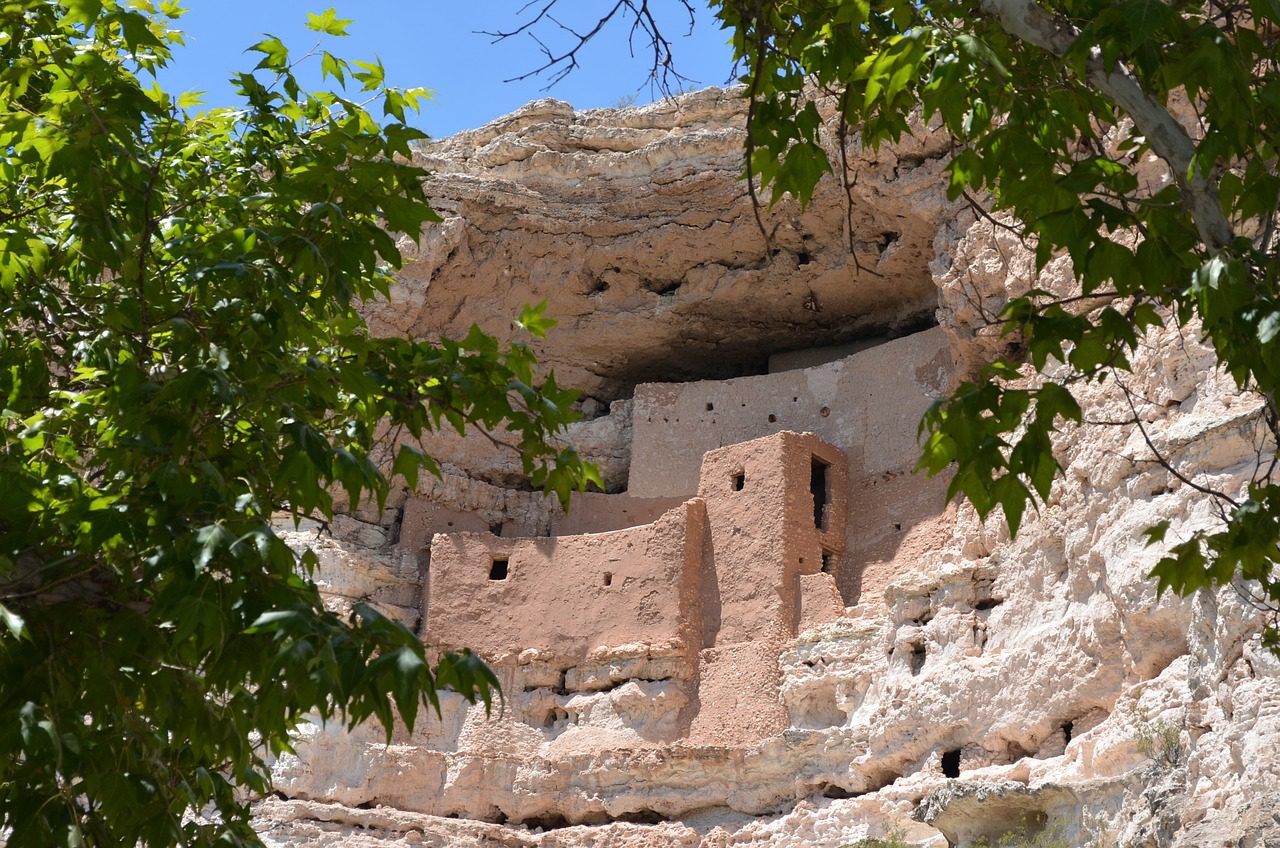- EPA released a rule clarifying how states and the EPA must consider Tribal rights when setting water quality standards.
- The rule creates a consistent national framework for protecting water resources important to Tribes.
- The rule will be applied locally to account for specific conditions and water rights while ensuring consistency.
May 3, 2024 — Yesterday, the U.S. Environmental Protection Agency (EPA) finalized a rule designed to protect water quality in areas where Tribes hold treaty, statutory, or executive order rights to aquatic and aquatic-dependent resources. The rule provides a clear national framework for the EPA and states to follow when establishing Clean Water Act Water Quality Standards, advancing the Biden-Harris Administration’s commitment to upholding the United States’ treaty and federal trust obligations to Tribes.
to aquatic and aquatic-dependent resources. The rule provides a clear national framework for the EPA and states to follow when establishing Clean Water Act Water Quality Standards, advancing the Biden-Harris Administration’s commitment to upholding the United States’ treaty and federal trust obligations to Tribes.
EPA Administrator Michael S. Regan stated , “President Biden is committed to ensuring that all people have access to clean and safe water. Strengthening our regulations to support Tribes and protect precious water resources is essential. With this action, EPA is establishing clear rules of the road that will support healthier Tribal communities. We look forward to partnering with Tribes and our state co-regulators to implement Clean Water Act protections consistent with Tribal treaty and reserved rights.”
, “President Biden is committed to ensuring that all people have access to clean and safe water. Strengthening our regulations to support Tribes and protect precious water resources is essential. With this action, EPA is establishing clear rules of the road that will support healthier Tribal communities. We look forward to partnering with Tribes and our state co-regulators to implement Clean Water Act protections consistent with Tribal treaty and reserved rights.”
The EPA previously addressed Tribal reserved rights on a case-by-case basis, resulting in uncertainty for Tribes, states, and those regulated by the Clean Water Act. EPA’s finalized rule provides clarity by revising the federal water quality standards regulation. The rule ensures water quality standards are established consistently nationwide, considering Clean Water Act-protected aquatic resources where Tribes hold and assert reserved rights.
National Tribal Water Council Chairman Ken Norton stated , “The Tribal Reserved Rights rule protects the rights of Tribal citizens, accorded by treaties, statutes, and other federal laws, to hunt, fish, and gather food in their usual and accustomed territories — including areas under state jurisdiction. When treaties are honored as the highest law of the land, as the Constitution directs, it is a victory for Tribes across the nation.”
, “The Tribal Reserved Rights rule protects the rights of Tribal citizens, accorded by treaties, statutes, and other federal laws, to hunt, fish, and gather food in their usual and accustomed territories — including areas under state jurisdiction. When treaties are honored as the highest law of the land, as the Constitution directs, it is a victory for Tribes across the nation.”
The final rule will become effective 30 days after publication in the Federal Register.


Leave a Reply